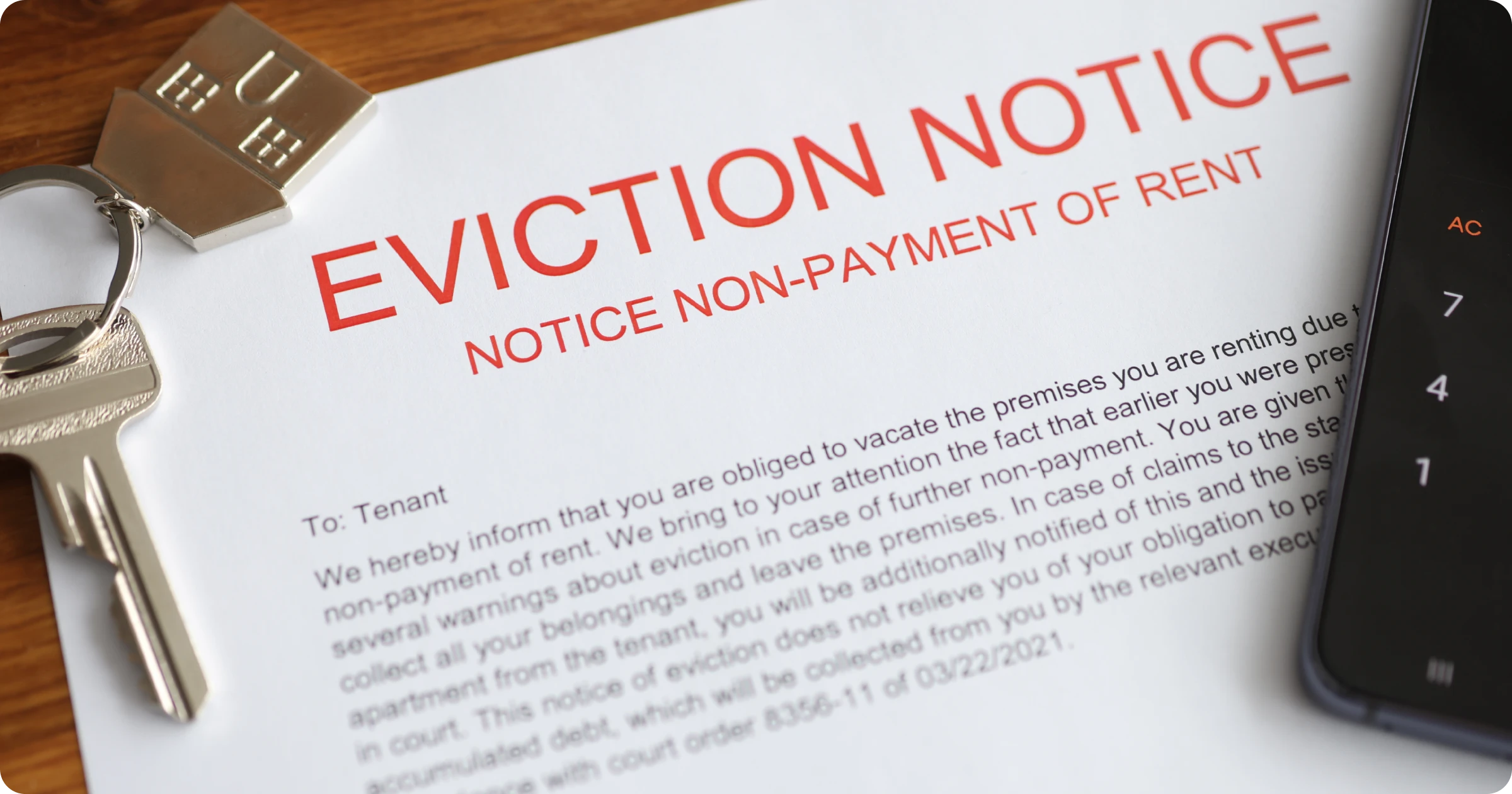🎉 Waltz reaches $50M💰 in funding to support LATAM growth 🎉 Read the full story here
As a foreign investor, the U.S. presents a blank canvas. You have 50 states to choose from, all with unique qualities to consider.
When building a rental property portfolio, it’s important to recognize that some states are more favorable to landlords than others. Knowing what makes a state landlord-friendly can help you avoid costly setbacks and safeguard your long-term investments. This article highlights common traits that exist in many landlord-friendly states and a shortlist of widely recognized landlord-friendly states.
Landlord-friendly states provide legal and financial environments that allow property owners to manage rentals with fewer obstacles and greater control. When laws favor landlords, it means fewer delays in resolving issues like evictions, fewer restrictions on raising rent, and clearer guidelines on property management.
For international investors, a state with straightforward, landlord-favorable regulations can reduce risk and stress, enabling you to focus on growing your portfolio.
Although each state across the U.S. is different, there are certain commonalities that you’ll find in landlord-friendly states. Some common characteristics include free market pricing, low taxes, and favorable laws.
Many people associate the U.S. with capitalism and a free market economy. One of the most significant factors for landlords is the ability to adjust rent to reflect market conditions–this is not a given. Many cities and states impose rent control or rent stabilization policies, which limit how much you can increase rent annually. These restrictions can reduce potential income and limit your ability to respond to inflation or rising expenses.
In landlord-friendly states, there are few or no rent control regulations, giving you the freedom to set competitive rent prices that maximize returns. This flexibility is especially valuable in dynamic markets where demand and costs can change rapidly.
Read more: 5 Compelling Reasons to Invest in U.S. Real Estate
Property and income taxes can directly impact your bottom line. Many landlord-friendly states use tax incentives to encourage businesses to operate and real estate investment.
There are nine U.S. states that have no state income tax, which can help boost your overall return by reducing the tax burden on rental income. For international investors, this can be especially attractive when building a portfolio across multiple properties. Another factor to consider is local property tax.Certain states and counties are known for traditionally low property taxes. Lower property taxes can help reduce monthly mortgage payments compared to similar areas with higher property taxes.
However, these advantages don’t always go hand in hand. Each state has a unique tax structure. For example, Texas offers no state income tax, but offsets this with relatively high property taxes. It's important to weigh both factors when evaluating a market. Always consult with a qualified CPA or tax professional to understand how state and local tax laws may impact your specific investment strategy.
Learn more: The ABCs of Choosing a U.S. Rental Property Market as a Foreigner
Legal frameworks play a key role in how easily you can manage your rental properties. States with landlord-friendly laws often stand out in areas such as:

Explore further: The Benefits of Utilizing an LLC for Real Estate Investments
Your investment strategy and personal preferences will influence which states offer the best opportunities. Generally, if you’re seeking markets that embody these landlord-friendly qualities, here are some top states to consider:
Keep in mind that rules and regulations can change frequently, so it’s important to research the specifics for each state before investing. Collaborate with local real estate agents, consult official state resources on landlord laws, and seek advice from legal professionals familiar with the area to ensure you have the most accurate and up-to-date information.

Explore: U.S. Real Estate Investment Property Financing Options by State
For international investors, understanding state laws and market conditions is crucial. Landlord-friendly states offer the freedom to set rents, lower taxes, and expedited legal processes—all key factors that support successful property management. By choosing markets that align with your goals and risk tolerance, you can minimize risk. Take the time to explore U.S. rental markets to find the best fit for your situation.
Get a quote for an investment property loan in a landlord-friendly state.

Fill out a quick form and we'll get back to you shortly.